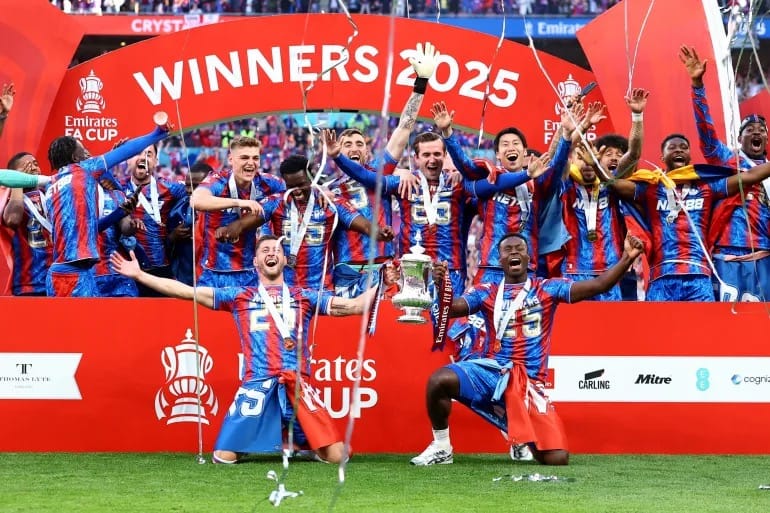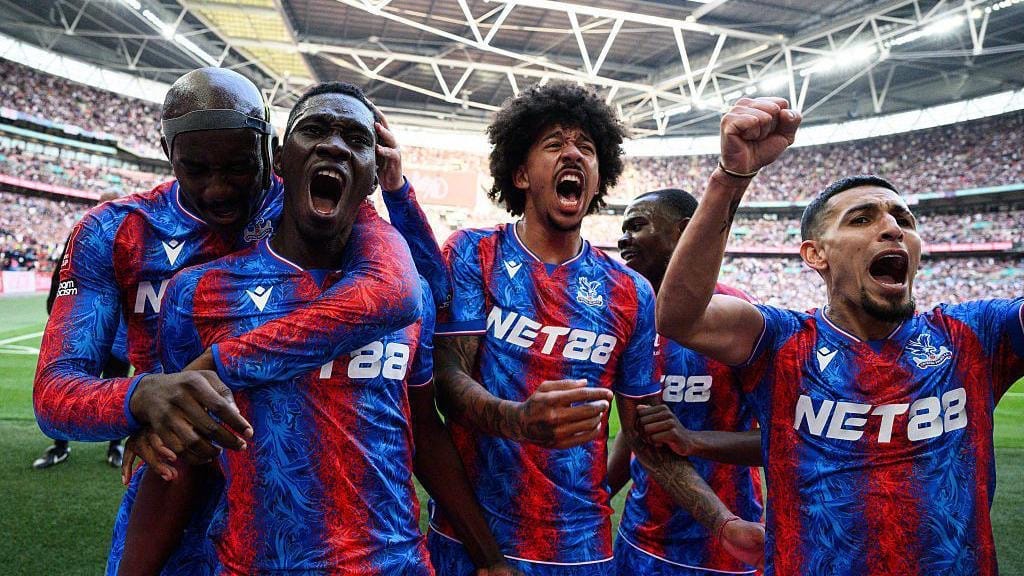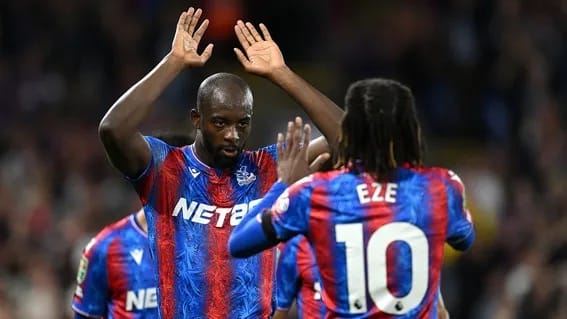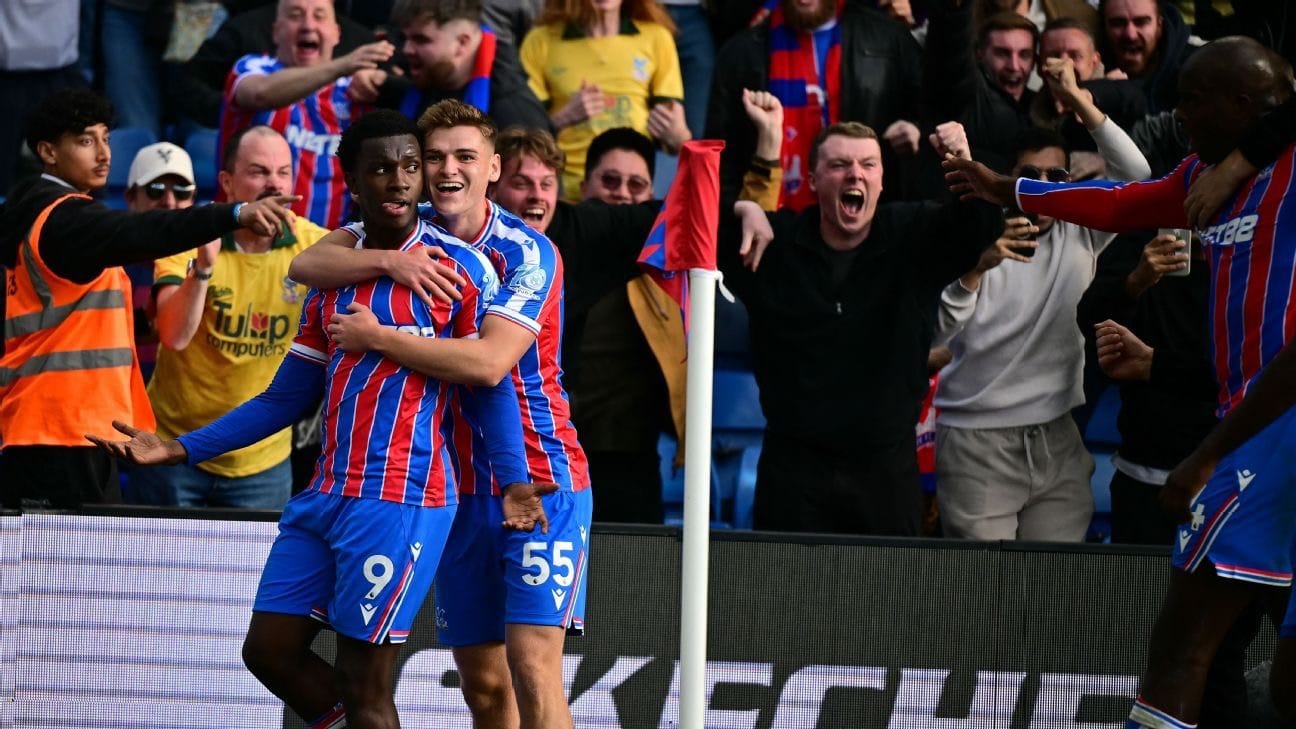

When Crystal Palace announced Oliver Glasner as their new manager in February 2024, few outside of Selhurst Park could have predicted just how transformative his reign would be. The Austrian tactician, who had previously guided Eintracht Frankfurt to a Europa League triumph, arrived with a reputation for tactical organisation and overachievement. And now within one season of him being in charge, he has delivered the most successful period in Palace’s history, where they defeated Manchester City to win the FA Cup and then the Community Shield, stabilising league form, and instilling a belief that the club belongs among English football’s most competitive sides.
A New Era
Glasner was officially unveiled on 19 February 2024, succeeding Roy Hodgson on the touchline. His appointment represented a bold step by the Palace hierarchy where they changed their usual approach and brought in a European coach with a modern, high-intensity philosophy at a club more accustomed to survival battles than silverware. Supporters were cautiously optimistic, but the speed with which Glasner imposed his identity was remarkable, Palace has usually been a club that had a knack of finishing mid-table, Glasner was here to change that.
Within weeks, Palace’s performances sharpened. Defensive organisation tightened, pressing became more coordinated, and players spoke openly about the clarity and demands Glasner brought. It was the beginning of a cultural reset at Selhurst Park, and momentum quickly built.

The FA Cup Breakthrough
The crowning achievement of Glasner’s debut season came at Wembley in May 2025, when Palace stunned Manchester City to win the FA Cup. It was the club’s first ever major trophy, ending their trophy drought since 1905, the year they were founded. That final encapsulated everything Glasner had brought to the club: discipline, tactical flexibility, and collective belief. Palace defended resolutely, limited City’s usual dominance, and capitalised on their few openings. A decisive goal and a penalty save sealed a famous 1–0 victory, the kind of moment that redefines a club’s history.
The celebrations that followed weren’t just about silverware, but about belief. Palace were no longer just fighting to stay in the Premier League; they were proving they could topple the giants. The victory was followed by another symbolic moment: lifting the Community Shield, further cementing their new status as a team to be taken seriously.

Tactical Discipline and Identity
Glasner’s reputation in Germany was built on tactical pragmatism blended with ambition, and Palace have reaped the rewards. He has a clear structure for his squad, they are built around defensive resilience, intelligent pressing triggers, and efficient transitions.
At Selhurst Park, those ideas have brought forth a stronger defensive record, particularly in set-piece organisation and shape without the ball. Matches Palace might once have lost by lapses in concentration instead turned into narrow wins or hard-earned draws.
Crucially, Glasner has also shown adaptability. Against stronger opponents, his team can sit compact and counter with speed. Against mid-table rivals, Palace have been encouraged to press higher, play quicker through midfield, and take initiative. This flexibility has been key to the unbeaten runs that defined his early tenure.

Unlocking the Squad’s Potential
One of Glasner’s greatest achievements has been maximising players already at the club. Several squad members who had been inconsistent or peripheral found new roles under his system. One of the biggest examples of this is the resurgence of Mateta, the striker who was almost falling out of favours has now become a striker linked with the biggest teams of England like Manchester United, Mateta went on a rampage of scoring goals against big opposition and making Glasner's team look so much more stronger when he was on the field.
Centre-backs were redeployed in a compact back three when needed, giving Palace solidity, the way Glasner has handled the situation with Marc Guehi certainly needs to be appreciated. Wing-backs flourished with license to overlap, while midfielders were tasked with pressing responsibilities that highlighted their work rate. Even forwards benefitted, with clearer instructions on movement and counter-attacking patterns.
This isn’t to say Glasner has relied only on existing talent. He has integrated young players intelligently, balancing the short-term pursuit of results with long-term development. Palace now boast both an identity and a pathway that fans can buy into. The way his midfield is the one bossing around in most games is very crucial, he has developed the likes of Adam Wharton and Kamada who are now in demand by all the big clubs.

Beyond the Present: What Glasner Means for Palace’s Future
The Austrian’s impact cannot be measured by silverware alone, his impact is bigger than that. Crystal Palace currently are the only team in all of England's top flight football to be undefeated, that record was achieved by them after a last minute winner against champions Liverpool. A game in which they dominated the champions and deservedly got the three points.
The Premier League is unforgiving, and the challenge ahead will be maintaining these standards amid higher expectations. Recruitment, squad depth, and the natural ebb and flow of form will all test Glasner’s project. But Palace are in a position they haven’t been before: with momentum, belief, and a proven winner in the dugout.
For a club once defined by struggle, Glasner has turned the page to a new era — one where Crystal Palace dare to dream, and where those dreams no longer feel out of reach.